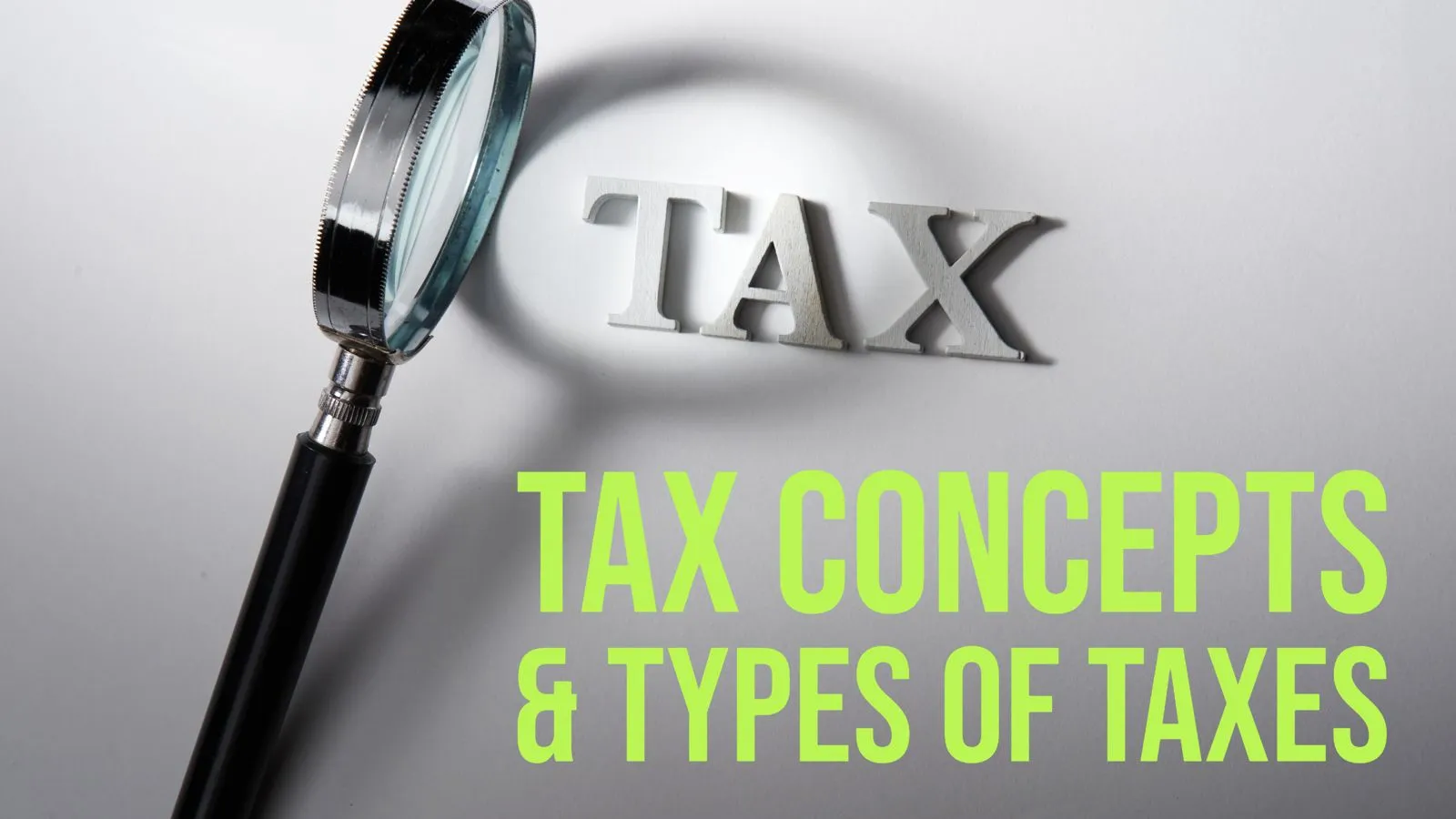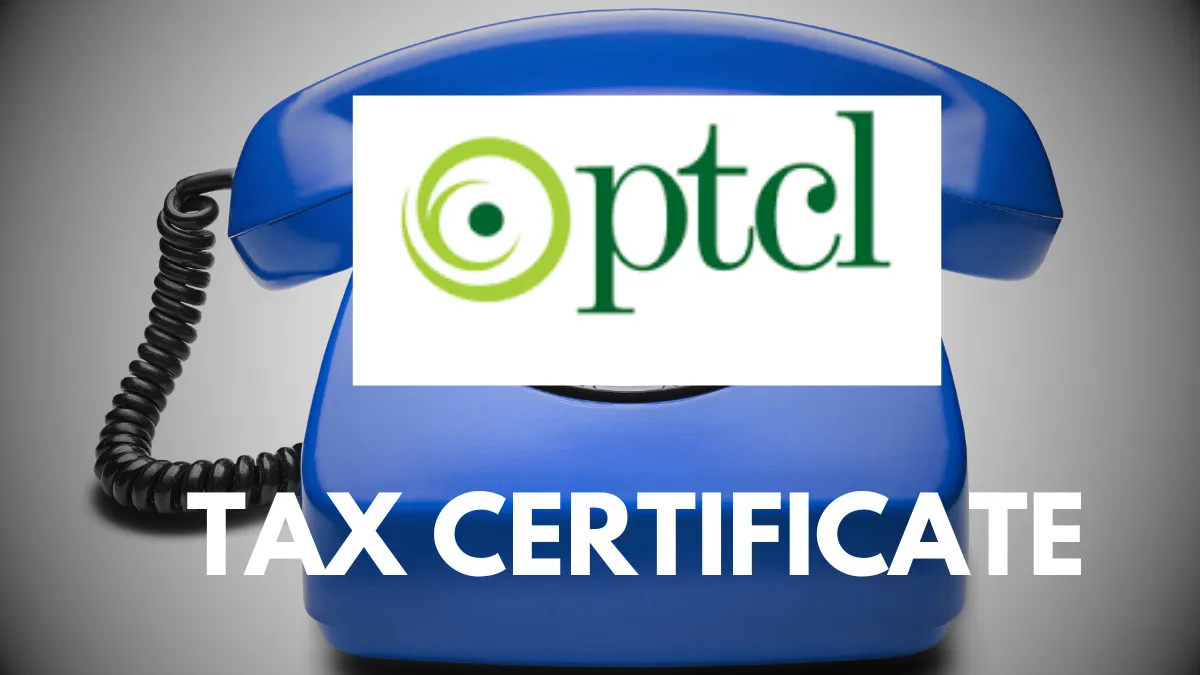Tax Concept: Meaning & Types of Taxes in Pakistan
Tax Concept: Meaning & Types of Taxes in Pakistan. In Pakistan, tax concepts refer to the principles of taxes that control the taxation system in the country. Here is the list of some important tax concepts and their brief meanings:
- Tax: Tax is charged by the government on income, goods, and services. Tax is means of collection of revenue by the Government. Government needs funds to incur on the development projects and in provision of basis necessities of life to the general public. Tax is the primary source of income for government, such source includes income tax, sales tax, property tax, customs, excise duty etc. In Pakistan the premier tax authority is FBR who deals all types of taxes.
- Direct Tax: Direct tax is type of tax which is charged on income, profits, and wealth, like income tax, wealth tax, and capital gains tax.
- Indirect Tax: Indirect Tax is levied on the goods and services, for example, sales tax, value-added tax (VAT), and customs duty.
- Progressive Tax: In case of Progressive Taxation, tax rate increases with the increase in income, purpose of this type of taxation is to reduce the inequality in distribution of Income. When higher is the income there will be higher tax rate. Less tax will be charged on the low income segment of the society.
- Proportional Tax: In this case there is no change in rate of tax, it remains fixed and does not depend on the income or wealth of the taxpayer.
- Regressive Tax: Here tax rate decreases with the increase in income or wealth of the taxpayer. This concept of taxation is in the favor of the rich segment of the society.
- Taxable Income: Profit & Loss account gives us accounting profit and when we take effect of admissible and inadmissible deductions then it gives us Taxable Income which is subject to tax.
- Tax Exemption: Tax exemption means when a source of Income is not chargeable to tax due to its exemption under the Income Tax Laws of the country like pension income.
- Tax Deduction: There are two type of expenses under tax laws, admissible and inadmissible expenses. Here tax deduction means admissible expenses which are deducted from accounting income to reach out taxable income. For Example, Tax depreciation.
- Tax Credit: There are sometime allowable straight reductions from tax liability instead of from taxable income.
Types of Taxes in Pakistan
In Pakistan, there are mainly following types of taxes:
- Income Tax: Tax on individuals and businesses on income, and payments against goods and services.
- Sales Tax: Sales Tax is charged on the goods and services.
- Federal Excise Duty: It is tax on some particular goods and services.
- Customs Duty: This tax is on imported goods.
- Property Tax: Annual tax is charged on the real estate and property. It depends on the status of the property (self or rental), covered area and location of the property.
- Capital Gains Tax: Tax on profits from sale of asset like on sale of property.



